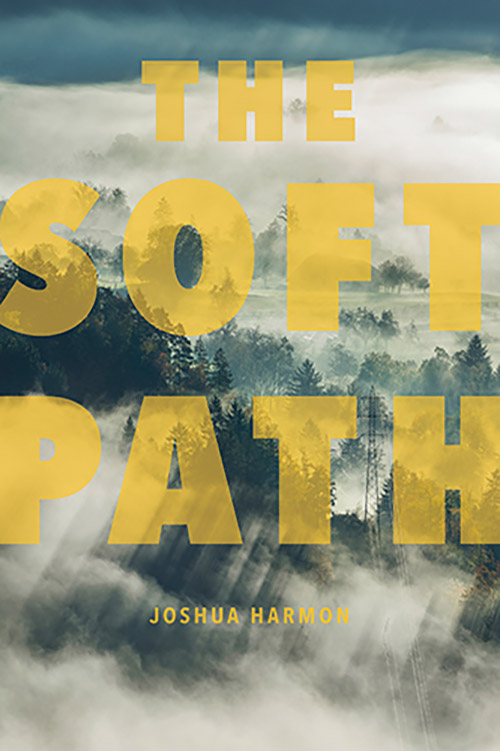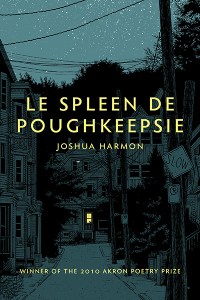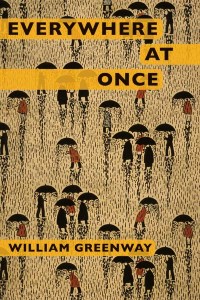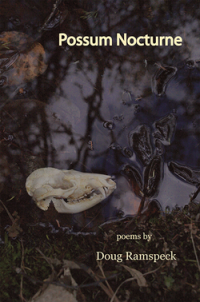Description
The Soft Path, which takes its title from a 1970s term promoting an alternative energy future, appraises the “unreconciled / losses” of a world remade in the relentless interests of capital, a world “revelatory in its / diminishment.” Written where landscape bleeds into soundscape, where ecopoetics collides with technopoetics, this book speaks from the fragmented space of machine learning to “memory’s residue,” in a voice that recalls American predecessors Oppen, Niedecker, and Ammons. The Soft Path continues Harmon’s exploration of both the serial poem and the long poem, from the small-but-systemic breakdowns of “Cascading Failures” to the epic commuting roadsong of the nearly 1500-line “Horizontal Dropouts.” These poems offer field notes on sites ranging from interstate off-ramps to “hi-vis ribbons tied to / twig tips in the woods”; they register tenuousness and tenacity, from an era when “everything [is] / post-peak.” The Soft Path reasserts Lydia Davis’s judgement that “Harmon reaches deep into the resources of our rich English, renewing the language and creating from it a physical and emotional world completely his own.”
About the Author
Joshua Harmon is also the author of the poetry collections Le Spleen de Poughkeepsie (winner of the 2010 Akron Poetry Prize) and Scape, as well as the essay collection/memoir The Annotated Mixtape, the novel Quinnehtukqut, and the short fiction collection History of Cold Seasons. He lives in western Massachusetts.
Praise for The Soft Path
Eye and ear: Joshua Harmon’s work is exquisitely tuned to the fractures and folds of landscape and language. It is a lyric voice, certainly, but one focused on the analytic force of acute observation and understanding of the fragile textures of the threatened world before us. Dark and light, mourning and celebration, each find their place in these compelling efforts to track the uneasy intersection of nature and technology, and in its midst, the complex mysteries of desire.
—Michael Palmer
Following on his perceptive study of place, stories, and the twists of the line in Le Spleen de Poughkeepsie, Joshua Harmon has produced, in The Soft Path, a three-poem book “on the road” in an empathetic melancholy study of transit as transition. Harmon deploys an implacable and exacting eye for what is, in the William Carlos Williams mode, a challenging accounting of what is. Written as a serious meditative-descriptive unspooling of a commonplace journey taken at 70+ mph, Harmon creates an important consideration of “the commute,” taking this word as meaning change, even the changing of direction, interchange, and lightening a penalty. Landscape makes him; he has benefitted, even in unease, from the landscape as made in our late-capitalist era; his focused command of descriptive precision and metaphoric connection animates this book. These poems study and transform what he sees: technologies, landscapes, roads, geologies, ethics, land use, development, highways, clouds, lights, gas stations, a car windshield. Harmon has produced a remarkable book of ecopoetics in the mode of ethical vision, poetic exemplification, and elegant reality check.—Rachel Blau DuPlessis
The spare and fragmented style lays bare the reader’s assumptions about pastoral poetry and beautifully subverts them with the types of language that are endemic to our digital existence in the 21st century. We read these poems in the language of measurement that both describes the whole and breaks it apart.
—Turner Wilson, Mid-American Review Volume XL, Number 2
Reviews & Interviews
Poetry Northwest- https://www.poetrynw.org/so-many-connections/
WPI- https://www.wpi.edu/news/professor-releases-book-poetry-soft-path
WPI-https://www.wpi.edu/news/announcements/professor-harmons-new-book-soft-path





